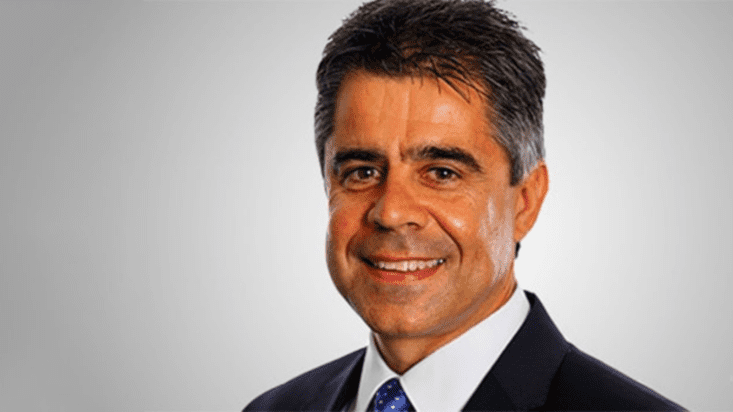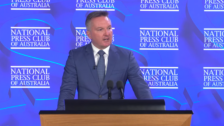‘Bitterly disappointed’: Senate to push on with plan to tax unrealised gains
Despite a weight of evidence presented by industry, academics, specialists and trustees highlighting the unintended consequences of the plan to tax unrealised gains as part of the proposed removal of concessions for superannuation balances above $3 million, the Bill looks set to be passed.
On Friday the Senate Economics Legislation Committee recommended that the Better Targeted Superannuation Concessions Bill be passed without amendment, effectively rubber stamping an idea that rubber stamps a relatively unfathomable notion in the Australian taxation landscape – paying tax on items that are owned, but not yet sold.
The prospect is especially fraught for self-managed superannuation fund members holding property, who face unanticipated liquidity concerns. According to the SMSF Association, the “impost” of a hitherto unimaginable tax on unrealised assets within super funds will throw carefully arranged financial plans for retirement into disarray, and represents a worsening of the problems caused by constant tinkering with the superannuation system.
“The assertion in the committee’s report that all superannuation trustees have a legislative obligation to keep sufficient liquidity and therefore the taxation of unrealised capital gains should not be a liquidity concern lacks commercial realism,” the association stated, noting that it was “bitterly disappointed” that the committee didn’t find fault with the plan.
“It is completely unreasonable to expect trustees, when formulating a long-term investment strategy such as investing in real property, to forecast future tax changes, particularly a change that is such a radical departure from existing tax policy.”
In a May 2 submission on the Bill, the SMSF Association made clear just how “egregious” an impost it would be for the government to impose a tax on unrealised gains – in any context.
“This is not a feature of the Australian Taxation System,” the association stated. “If an amount is not ordinary income (e.g. rent, interest, dividends) and is not statutory income (e.g. net capital gains), it is not assessable income.”
The current capital gains tax makes sense, the association argues, because those operating the fund (and their advisers) can make necessary provisions and set aside tax for the liability.
“This is why liquidity is such a concern for SMSFs. It is not a lack of preparedness or noncompliance with the statutory and fiduciary duties of an SMSF trustee. It is because of the volatile, and lumpy nature of this tax and the fact that it is being applied to unearned income of the fund,” the association stated. “It is completely unreasonable to expect SMSF trustees when formulating their investment strategies to have to predict future tax changes, particularly changes which are such a radical departure from existing tax law.”
The group highlighted research from the University of Adelaide in response to the Bill, which stated that taxation on unrealised capital gains is “rare among OECD countries” and even more rare in OECD pension systems.
“Australia’s tax system clearly delineates between income and capital gain taxes (CGT), and the CGT regime, which has been in place now for almost 40 years, is based primarily on realised gains evidenced by completed transactions,” the university added.
According to SMSF Association chief executive Peter Burgess, further consultation on the Bill is essential.
“This is a fundamentally flawed tax on so many levels and we are calling on the Senate crossbench to halt the progress of this Bill and instead continue to engage with stakeholders and the industry to ensure that the resulting policy and legislation delivers the right outcomes,” Burgess stated.











